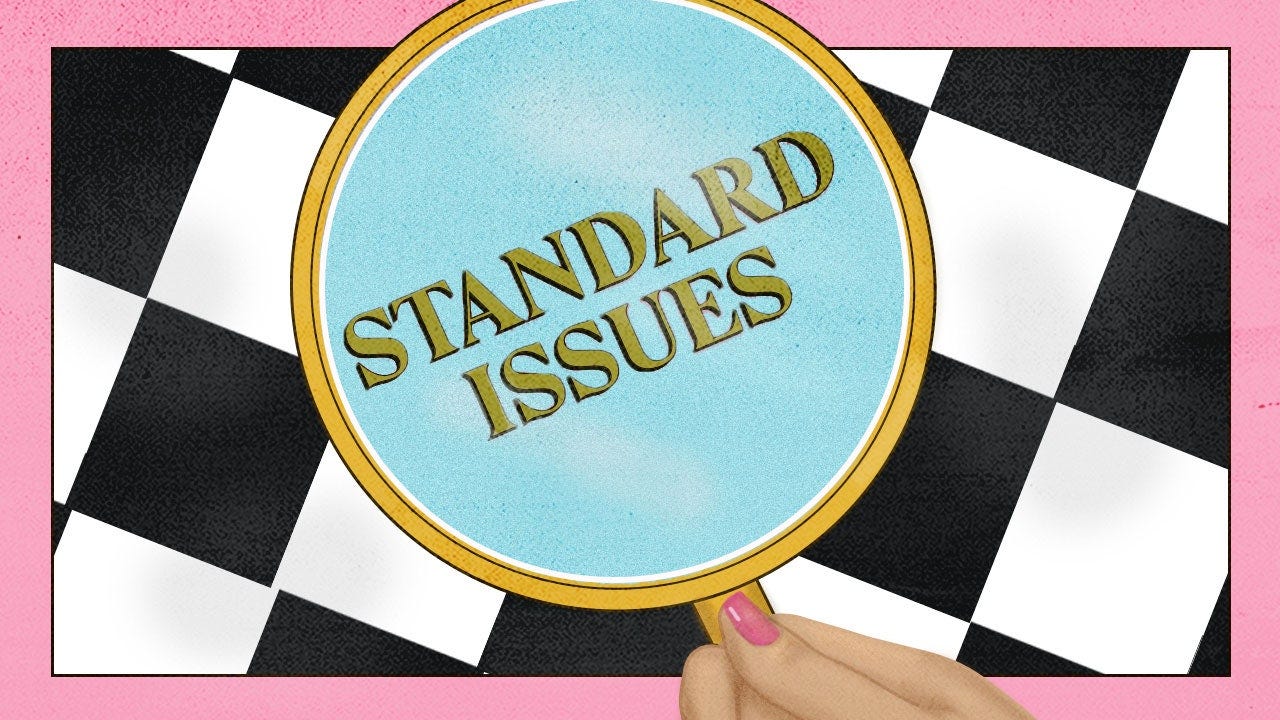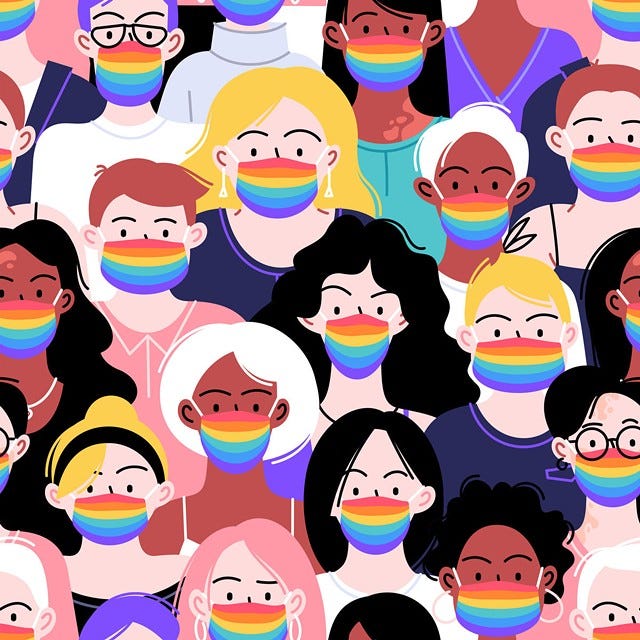Global Roundup: Feminism fights for the rights of LGBTQ people and Indigenous people, and demands an end to misogynist violence
Compiled and written by Lauren MacDonald

Image Source: Economic Times via Feminism in India
Despite having Section 377 abolished two years ago, the LGBTQ+ community of India still faces immense stigma. Reports of bullying, abuse, and harassment are high, but due to underreporting could be worse than the numbers reflect.
Homophobic bullying begins in primary school and can follow individuals all the way to their place of work, according to a study by Sahodaran-UNESCO in 2018.
Around 60 percent of the students who identify as LGBT faced bullying in middle or high school, whereas 43 percent of the students reported being sexually harassed
A Mission for Indian Gay and Lesbian Empowerment (MINGLE) survey in 2016 found that 20 percent of Indian employees are discriminated against in the workplace. Such stigma and exclusion are traumatizing and also lead to economic losses. A report by the World Bank in 2014 said that India is losing around 31 billion dollars due to these factors.
——————————

Photo: Fatoş Erdoğan via BIA News Desk
Amid ongoing debates on Turkey's possible withdrawal from the Istanbul Convention, the Women’s Platform for Equality demanded in an open letter to the Turkish parliament that lawmakers honour their responsibility to implementing the treaty that is aimed at preventing and combating violence against women and domestic violence.
The Women’s Platform for Equality monitored the parliament in the first 15 days of its new year and found it has performed poorly.
We, as women, cannot accept being disregarded…the results obtained by the platform indicate a cruel indifference in the history of the Grand National Assembly of Turkey.
Unfortunately, Turkey is not alone in this problem as many governments around the world fail to uphold their commitments to women’s rights.
—————————-

Image via TeenVogue
Popular culture communicates to young women beauty standards that are deeply rooted in capitalism, white supremacy, colonialism, and patriarchy. According to author Jessica Defino these damaging beauty standards are designed to sustain a culture of consumption.
[beauty standards] are tools of oppression that reinforce sexism, racism, colorism, classism, ableism, ageism, and gender norms. They are built into our societies and embedded in our brains. They contribute to anxiety, depression, dysmorphia, eating disorders, self-harm, and low self-esteem - Jessica Defino
These toxic standards are not unique to North America but are part of a global framework designed to pit women against each other and create hierarchies based on looks. The entire beauty industry is built upon these toxic standards. It is in need of a revolution that centres practices of self-care and self-love rather than perpetrating self-hate.
—————————

'The world's watching,' said Jolene Marr of Sipekne'katik First Nation. 'The world's finally getting to see the modern day racism that the Mi'kmaw people here in Nova Scotia face every day.' (Nic Meloney/CBC) via CBC..com
All eyes on Nova Scotia. After a violent mob trapped and attacked Mi'kmaw fisherman on Oct. 14, social media and live streaming have become crucial tools to combat racism and protect supporters of Mi'kmaw fishers and their new rights-based fishery in the province
Jolene Marr, a fisher from Sipekne'katik First Nation and the sister of one of the Mi'kmaw fishers trapped by the mob, was on the scene of the fishing pound being vandalized and stormed. She began a Facebook live stream video that lasted 90 minutes. The video has since gathered 23,000 views on Facebook. It's one of nearly 30 live streams Marr has now become known for on social media platforms.
The Mi’kmaq people are using social media to demonstrate the constant violence and oppression they face. Marr said she's been the target of much of this type of hatred, and believes that showing an audience her point of view in real-time is a practical and transparent way to educate people while addressing the violence she and her nation face.
We've always been on the wrong side of media [coverage], on the wrong side of politics; we're always on the wrong side of everything…The world's watching. The world's finally getting to see the modern-day racism that the Mi'kmaw people here in Nova Scotia face every day - Jolene Marr
These events clearly indicate the racism that too many in Canada deny. Some people here in my province seem to believe we are incapable of being racist because of our “niceness” culture and being the east coasters always ready to help everyone and anyone. Well, where does the energy that was present for #NovaScotiaStrong happen to go when our Mi’kmaw peoples are being terrorized for exercising their treaty rights? Out the window, apparently. The racial and capitalist-charged violence perpetrated by white commercial fisherman highlights the grand picture of relations between First Nations peoples and settlers across not only Nova Scotia but the country, on individual and governmental levels.
——————————-

ILLUSTRATION BY OLGA W BOEVA / SHUTTERSTOCK via Rochester City Newspaper
It is clear to see that the COVID-19 pandemic has affected some groups more than others. But, what happens when the data on marginalized groups don’t even exist? In New York, LGBTQ+ people are being overlooked by the city’s COVID-19 data. In the city’s current electronic health form the only options for gender identity are male or female, and there is no question regarding sexual orientation. Penny Sterling, a transgender woman, said: “As someone who’s constantly being 'othered,' it’s kind of disheartening to see it as an official category.”
It’s awful when we see people dying or getting impacted by infectious diseases including COVID and nobody’s counting them - Dr. Asa Radix
Without keeping track of vital data, massive disparities in health can easily go unnoticed and there is no way to know what is truly happening to the LGBTQ+ community in the face of this global public health crisis. .
We have this public health crisis, the biggest one in our lifetimes, the biggest global pandemic in more than a century and we’re not collecting data. We’re not collecting data in any systematic way to understand how this is affecting a vulnerable population - Dr. Sean Cahill.
———————————
Lauren MacDonald is a third-year student at the University of Ottawa studying International Development and Globalization with a minor in Women's Studies and a settler on traditional Mi'kmaq land. Looking to pursue a career in urban planning/community development, she is interested in gaining as much feminist knowledge as possible in her academics to help build more healthy and equitable communities in the future. She is delighted at the opportunity to shed light on everything feminism around the globe through FEMINIST GIANT!



